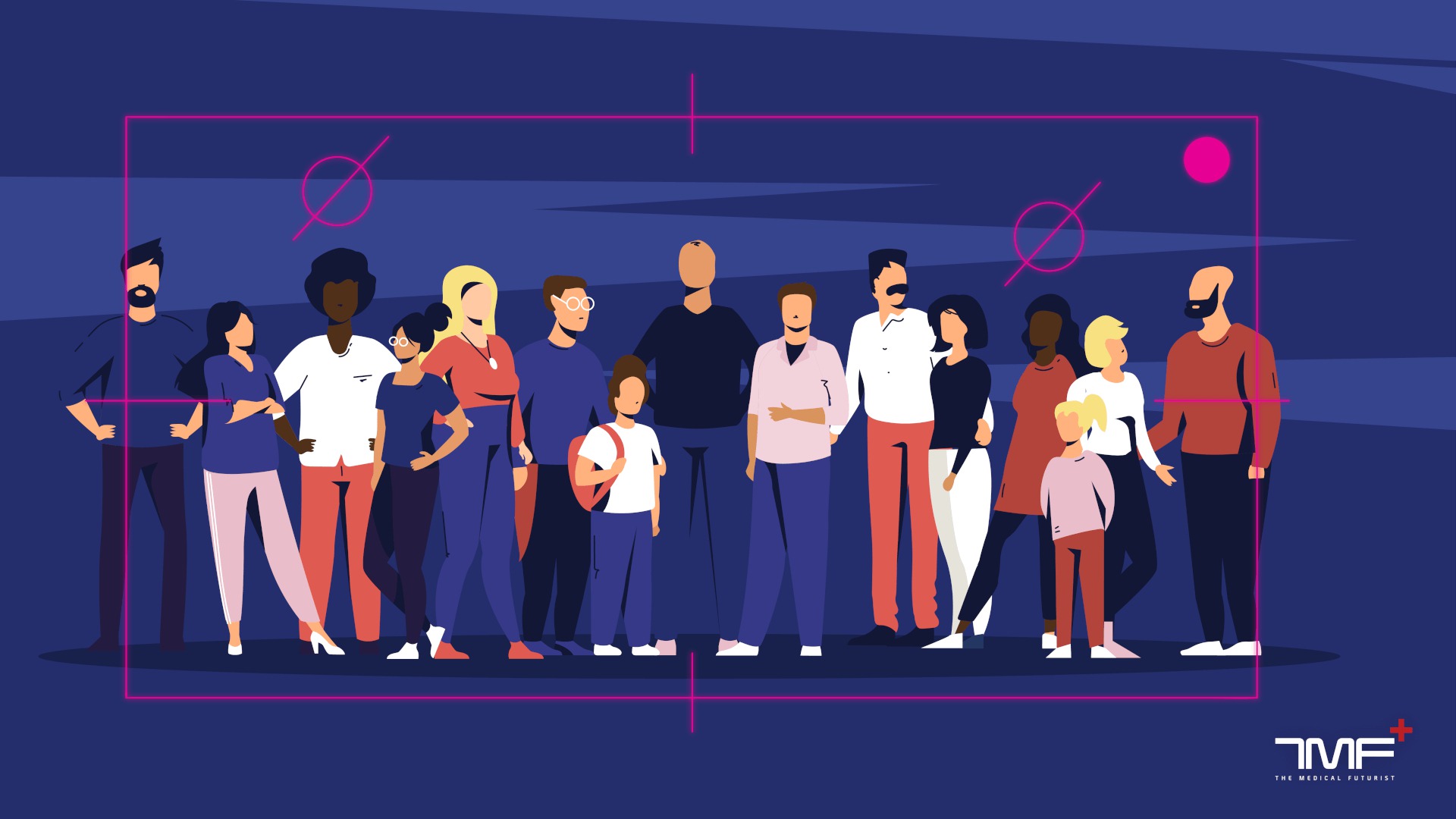
@ShahidNShah


Eliminating A.I. bias across all potential inclusion points poses a challenge, researchers are not backing down. Here are 4 promising ways.
Historically, healthcare data has been focused on white men, and in the age of artificial intelligence (A.I.), this represents a challenge to train the algorithms to deliver results that are representative across the ethnic and gender spectrum.
Given that existing data leans towards the white male subset of the population, this will inevitably lead to ‘algorithmic bias’ in healthcare.
Indeed, researchers have found that inherent biases in data can amplify health inequities among racial minorities.
And while it is crucial to raise awareness of this aspect of smart algorithms, it is equally important to know about measures that can be undertaken to eliminate, rather than avoid, biases as A.
On top of traditionally biased health data, bias can be implemented inadvertently by the people developing the algorithms themselves or by the way features are selected and measured.
I. bias, or to ‘debias’ an algorithm.
I. tools could, for example, use existing statistical tests that allow them to detect if the data used to train the algorithm is significantly different from the actual data they encounter in real-life settings.
This could indicate biases due to the training data and the developers could accommodate accordingly.
I. expert, recommends effective “algorithmic hygiene” as one of the best practices to keep bias out of A.I.
Continue reading at medicalfuturist.com
The association's proposals include broadband expansion, intentional design, health system investments and community partnerships. "Telehealth has the potential to be an important tool for addressing …
Posted Apr 8, 2022 Healthcare Telehealth
Connecting innovation decision makers to authoritative information, institutions, people and insights.
Medigy accurately delivers healthcare and technology information, news and insight from around the world.
Medigy surfaces the world's best crowdsourced health tech offerings with social interactions and peer reviews.
© 2025 Netspective Foundation, Inc. All Rights Reserved.
Built on Apr 17, 2025 at 6:07am